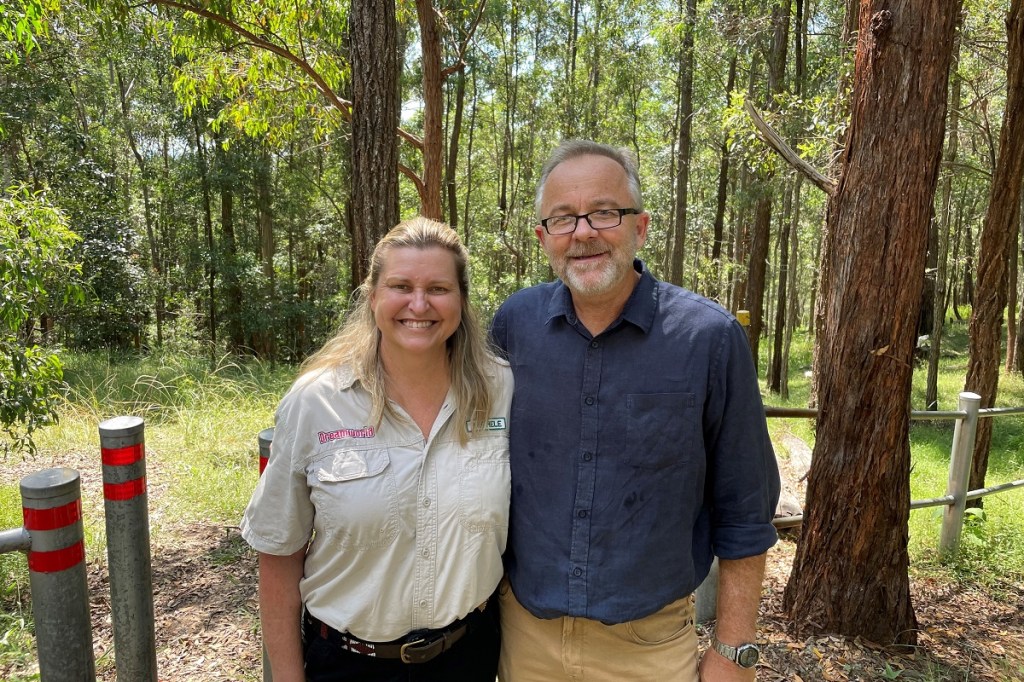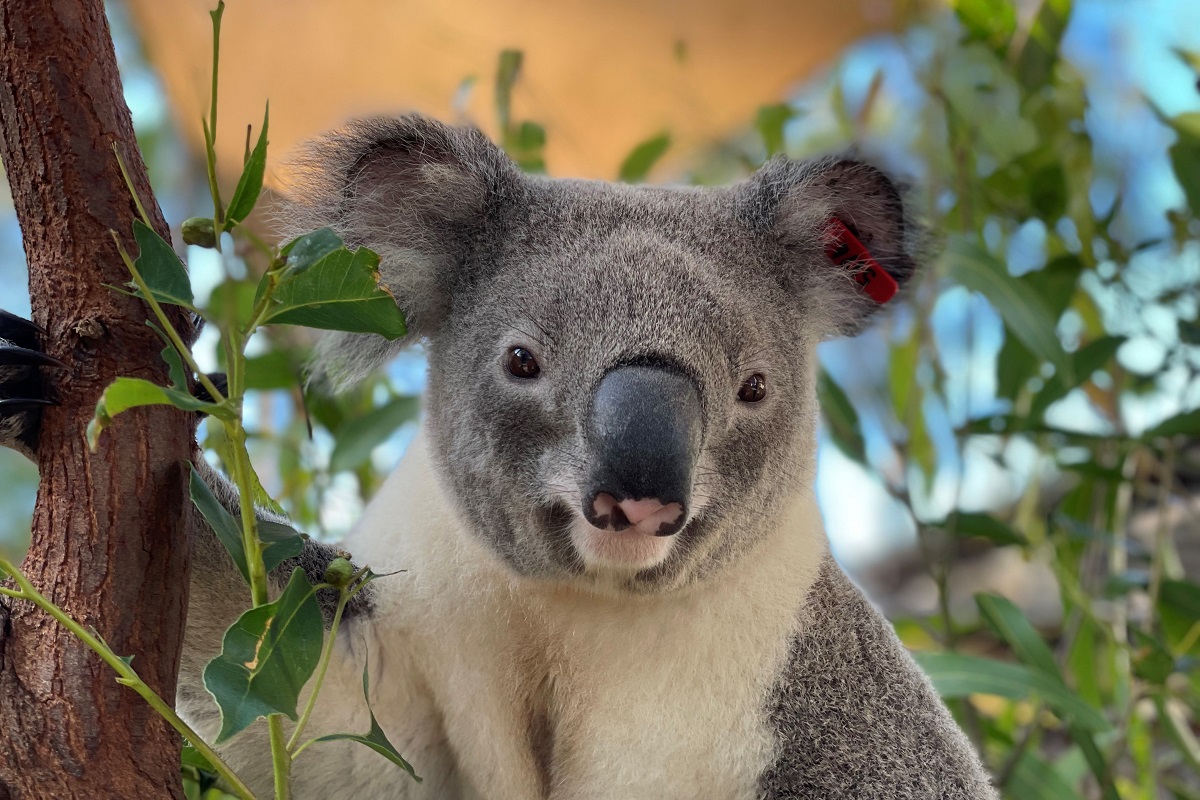Two-year-old Jagger, a specially bred koala, could help save the future of endangered koala colonies along Australia’s east coast.
Jagger, the first koala bred in the Living Koala Genome Bank pilot project, is fully vaccinated against chlamydia and is disease-free, and it is hoped his diverse genetics will help protect koalas against the risks of inbreeding.
Dr Stephen Johnston, Associate Professor from the University of Queensland’s School of Agriculture and Food Sciences, said Jagger, who was recently released into a colony at Elanora Conservation Park on the Gold Coast, will help safeguard future generations of local koalas against inbreeding and disease.
“He’s just one member of our recently completed pilot project, called the Living Koala Genome Bank, where we propagate koalas with high genetic merit to be released into the wild, improving genetic variation.
“We’ve used proven breeding technologies in combination with an in-depth analyses of koala genetics and disease screening to help manage and conserve koala populations.”
Johnston said this is achieved by either incorporating valuable genetics from threatened wild koala populations into a captive population, or by providing captive breeding facilities, for the genetic exchange of wild koalas.

The project is a collaboration between UQ, Queensland University of Technology and the Dreamworld Wildlife Foundation, and was funded by the Advance Queensland Innovation Partnership Grant.
“Excitingly, we have been able to demonstrate that zoos, in combination with expertise from universities, can significantly boost conservation outcomes.
“While it’s still absolutely critical to acquire and maintain good quality koala habitat, the approach we’ve taken is a very practical “hands on” step forward for koala conservation management.”
Johnston hopes that their concept can be applied to other wildlife parks in Qld and northern NSW to safeguard the future of koalas, and they’re currently in consultation with the government to do so.
Michele Barnes, Head of Life Sciences at Dreamworld, said the program comes at a critical time for koala populations.
“With most east coast koalas now listed as endangered, so much more needs to be done in this space to protect them from extinction.
“Dreamworld has a commitment to wildlife conservation, and we’re incredibly proud to be able to offer the infrastructure and skill sets required to partner with UQ and QUT on this project.”

